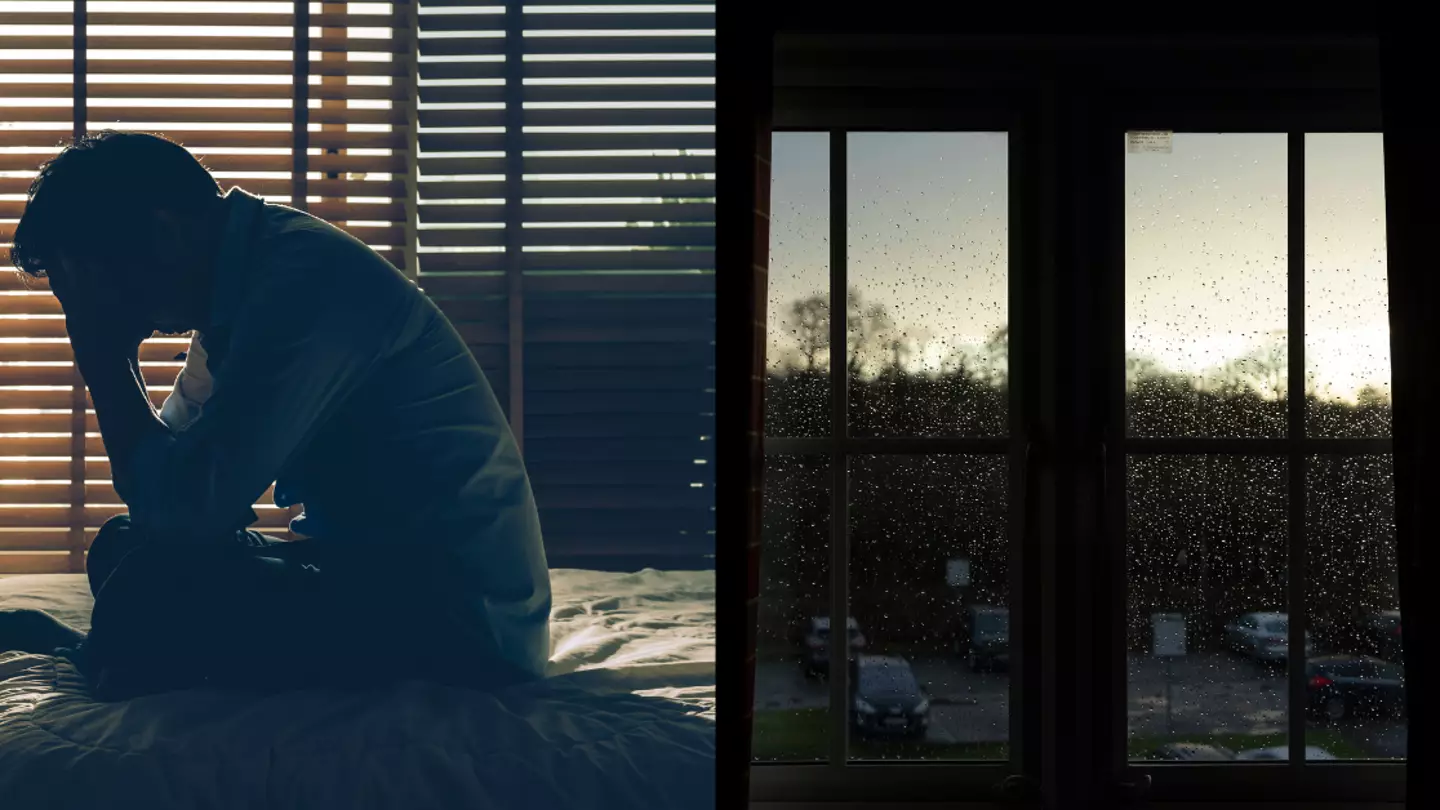
A psychologist has shared a series of tips on how to manage a seasonal disorder which is said to impact millions of Brits.
It's a universally agreed fact that British winters are grim. After barely getting enough sunshine in the summer months, the nation is plunged into a demoralising mix of chilling temperatures, constant rain and the sun setting before the workday is even over.
Which means it wouldn't be surprising if you found yourself feeling glum in the colder months.
However, there's a chance you could be suffering from a common seasonal condition if you find the winters particularly challenging.
Advert

Believed to impact around 2 million Brits, or one in 20 people, seasonal affective disorder can make dealing with the winter months particularly tricky. Meanwhile, the Royal College of Psychiatrists adds that 3 in 100 have a severe form of the disorder.
What is seasonal affective disorder?
Seasonal affective disorder (SAD) is sometimes referred to as 'winter depression', due to the fact that sufferers tend to notice symptoms in the colder months of the year.
It's not known what exactly causes the condition, however, medical experts believe it's linked to the decrease in sunlight exposure that causes a part of the brain known as the hypothalamus to stop working properly. This leads to a disruption in the body's production of melatonin, serotonin as well as our circadian rhythms.
According to the NHS, symptoms of SAD can include:
- a persistent low mood
- irritability
- sleeping for longer than normal and finding it hard to get up in the morning
- increased lethargy
- feelings of hopelessness and despair
Depending on the severity of symptoms, SAD can have a significant impact on an individual's day-to-day life.
How can I manage the symptoms of SAD?
When it comes to managing the symptoms of SAD, psychologist Dr Mark Rackley explained the best thing people can do is to 'prepare' for the change in season.
"Make your home comfortable," he explained to TikTok's Dr Alex George.
"Make your home feel inviting and cosy and warm, so even if you're outside and the weather's rubbish... once you step inside, that feels like your haven."
Rackley also advised people who suffer with season changes to their mood to invest in a 'daylight lamp' and spend 20 minutes a day using it, as this can help 'massively with resetting the melatonin in your brain'.

Social care committee Healthwatch also advises people suffering with seasonal blues to make the most of daylight hours where possible, keep active as well as making sure their living spaces and work environments allow as much natural daylight as possible.
Topics: Weather, Health, Mental Health